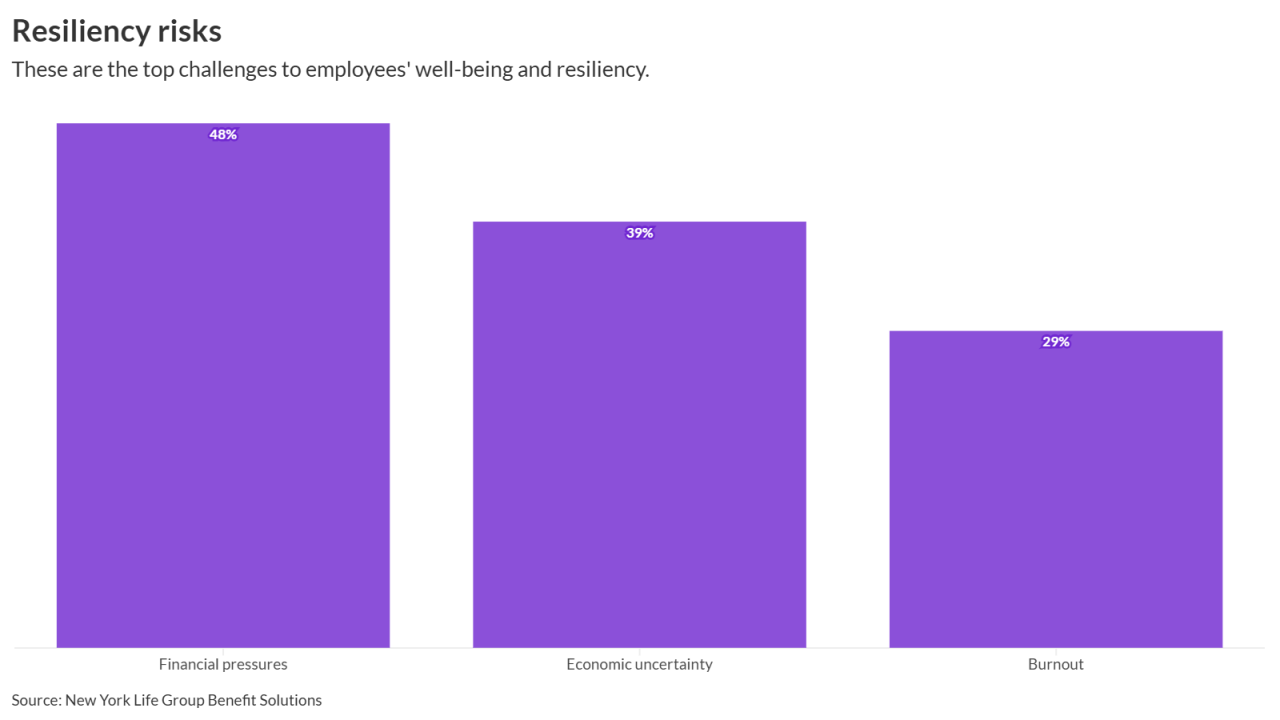Employers sponsoring 403(b) plans should take steps now to ensure compliance with Internal Revenue Service rules to protect plan participants against adverse tax consequences. Newly released Rev. Proc. 2017-18 allows employers to retroactively self-correct 403(b) plan document failures during a correction period called the "remedial amendment period." This RAP begins for plans that were established after January 1, 2010 and ends March 31, 2020.
Prior to the March 31, 2020 deadline, employers should conduct a thorough review of their 403(b) plans both in written form and in actual operation to identify and correct any failures. Failures that are not timely corrected could result in the 403(b) plan's loss of tax-advantaged status, which would mean immediate taxation of all benefits to participants.
The first step is to gather plan documents, amendments, custodial agreements, annuity contracts, recordkeeping agreements, and other relevant plan-related materials. These items are essential in conducting a self-audit of the 403(b) plan to determine if there are any failures that need correction and what correction process is available.

An employer should have some of these documents already on hand, and some may be readily available through a website portal maintained by the plan's vendor. Frequently, however, an employer will need to request some of these documents from the 403(b) plan's vendor or other third party, such as the employer's accountant, benefits lawyer or investment advisor. This process can take some time, but gathering as many of these documents as possible before beginning the review will ultimately save time and minimize frustration.
Effective January 1, 2009, the IRS requires that a 403(b) plan have a written plan document that contains all material terms of the plan. An employer can meet the plan document by treating multiple separate documents as the single plan document under a "paper clip" approach. For example, the plan document and the annuity contract together might contain all the material terms of the plan.
The plan document must have been timely adopted by the employer by no later than December 31, 2009 or, for plans that were adopted after 2009, the effective date of the 403(b) plan. Typically, this is demonstrated by a written plan document that has been signed and dated by an authorized individual.
Failure to document
In some cases, the employer may not be able to find its plan document or the plan document may not have been timely signed and dated by an authorized individual. If the employer is unable to demonstrate that it timely adopted a written 403(b) plan document, then the employer will need to correct that failure by adopting a compliant plan document that is retroactively effective January 1, 2009 or, for plans that were adopted after 2009, the effective date of the 403(b) plan, and submitting it to the IRS under the Voluntary Correction Program, which is part of the IRS's Employee Plans Compliance Resolution System.
The employer cannot self-correct this type of failure, and correction will require the payment of a fee to the IRS, which is based on the number of participants in the plan.

Knowing where the biggest employment challenges are can help smart employers strategize benefits programs to retain the best employees.
Once the employer has determined that it adopted a written plan document in a timely manner, it can begin the process of identifying whether there have been any failures that can be self-corrected under the RAP before March 31, 2020.
This will require a review of the current plan provisions against Code Section 403(b), the final 403(b) regulations, and the employer's and third party vendor's administration of the 403(b) plan. The employer will need to ask:
- Are the plan provisions for the 403(b) plan in compliance with the Internal Revenue Code and underlying regulations?
- Are the plan provisions for the 403(b) plan consistent with the administration of the 403(b) plan?
Not all plan failures can be self-corrected during the RAP. If the employer does not operate its 403(b) plan in accordance with the terms of its plan, the employer must correct the failures under EPCRS. Operational errors may be self-corrected under EPCRS if certain requirements are satisfied. Otherwise, they must be corrected under EPCRS's VCP, which requires submission to the IRS and payment of a fee.
The IRS has intensified its audits of 403(b) plans sponsored by school corporations and institutions of higher education over the last several years. IRS audits can consume significant internal resources and result in expensive corrections that may leave unhappy participants in their wake.
At the same time, however, the IRS has published a number of resources on its website on how to avoid—and fix—403(b) plan failures. We recommend you check out
Employers beginning their 403(b) plan reviews should consider these online materials for guidance on where to look for potential problems.
Good working order
Once an employer has corrected any 403(b) plan document and operational failures, it should ensure that its files are in good order in the event of a future IRS audit. In particular, the employer should maintain copies of the signed and dated written plan documents and amendments with the official plan files.
The employer should also maintain clear and accurate payroll records showing employees' contributions to the plan and when they were actually deposited in the plan. This will greatly facilitate the audit process.
The RAP correction period ends on March 31, 2020, and the IRS have not issued any guidance on future RAP periods. Unlike qualified plans such as 401(a) plans and 401(k) plans, 403(b) plans do not have a specific RAP correction period set by statute.
It will be important going forward for employers to annually review their 403(b) plan, both in form and operation, and to ensure that updates and, if necessary, corrections are made in a timely manner.




